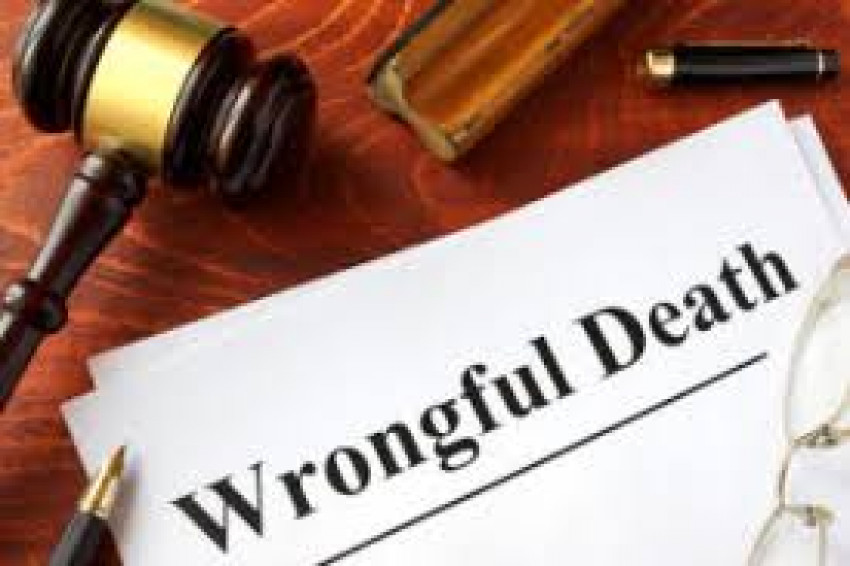
When a person dies due to the negligence or misconduct of someone else, it is termed a wrongful death. This means that the deceased was not responsible for their grim fate, and it could be avoided if the perpetrator had operated responsibly. A wrongful death claim refers to a civil action or personal injury case filed by the survivors of the victim. Since the deceased cannot demand compensation for their pain and suffering, the family affected by their death deserves to be reimbursed for the loss. If you have recently lost a loved one in an accident that wasn’t their fault, you may consider claiming compensation from the liable party.
Wrongful Death Attorney in Tulsa, OK, can help determine your eligibility and guide you through the claiming process. They shall effectively negotiate with the perpetrator’s insurer or represent you in a lawsuit if necessary.
Basic Requirements for Filing a Wrongful Death Claim
First of all, the claimant needs to justify the accusation upon the alleged perpetrator. It is important to establish that the defendant was indeed negligent or reckless in their actions. Secondly, it needs to be proven that the defendant had a duty of care towards the victim who did not survive. For example, if your loved one died in a car crash, it was the defendant’s duty to be a responsible driver. If they were intoxicated or distracted at the time of the accident, they are clearly at fault.
Once the breach of duty is confirmed and it is evident that the death could be averted if the defendant was vigilant and acted in good faith, you should have to define your relationship with the deceased. You shall be required to demonstrate exactly how the wrongful death has affected you. For example, if you were dependent on the deceased’s income, this would indicate major financial loss in addition to the understandable pain and suffering.
The immediate family of the victim, i.e. their surviving spouse and children readily qualify for filing a claim. However, if the deceased was unmarried and has no illegitimate or adopted children, their closest blood relatives should be eligible. The parents of the deceased can receive wrongful death benefits, especially if they were dependent on his/her earnings. If the parents are not alive, other dependents may still be eligible, depending upon the state’s laws.
The Claiming Process
Normally, the victim’s survivor or family member will file the compensation claim with the insurance company of the at-fault party. The claimant should hire a personal injury attorney who can negotiate on their behalf and acquire a reasonable settlement. If the perpetrator refuses to co-operate and the insurance adjuster does not offer a fair amount to settle and close the case, you may have to pursue a wrongful death lawsuit.
Like any other personal injury case, filing a wrongful death lawsuit will lead to hearings in the civil court. Cases involving wrongful death are not prosecuted in criminal court, which is why the burden of proof is much lower. If multiple people died in an accident, such as an airplane crash, you would become part of a civil tort. Your attorney will handle investigations, gather evidence, call upon witnesses, include testimony of technical experts (if required), and develop strategies to succeed. However, cases of wrongful death are usually settled quickly, so it is not likely that you will need to go to court. The defendant may compensate you for the following damages:
- Burial and funeral costs
- Pain & suffering
- Loss of income
- Loss of consortium
- Cost of medical treatment prior to death (if applicable)


